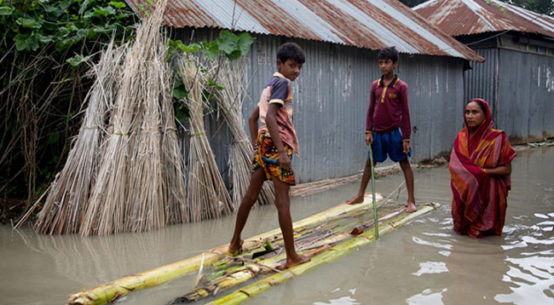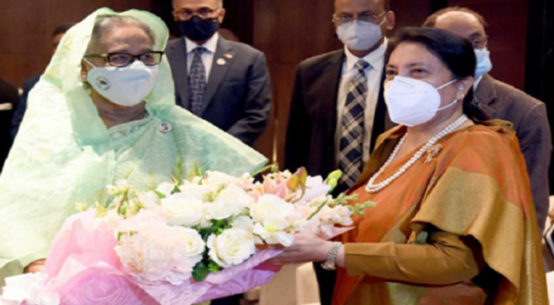Environment, Forest and Climate Change Minister Saber Hossain Chowdhury said the government will undertake research projects to address critical issue of antimicrobial resistance and a growing global health concern, by integrating efforts across the human, animal, and environmental health sectors.
He said international collaboration is highly required to address complex environmental and public health challenges.
The environment minister made the remarks as a Japanese delegation, led by Professor Dr Kozo Watanabe of Ehime University, met him at his ministry office at the Bangladesh Secretariat here.
During the meeting, the delegation presented the proposal for a collaborative project titled “One Health Approach to Controlling Antimicrobial Resistance (AMR) and Ensuring Safe Aquaculture and
Livestock Production.”.
Speaking on the occasion, Saber Chowdhury expressed his appreciation for Japan’s continued support and interest in Bangladesh’s sustainable development.
He urged the delegation to send a brief on the benefits of action, and the costs of inaction for this research project.
Professor Watanabe highlighted the potential benefits of the project and strengthened scientific and technological ties between Bangladesh and Japan.
They expressed their commitment to advancing this collaborative effort, recognising its potential to make significant contributions to sustainable development and health security in Bangladesh.
Environmental protection is the practice of protecting the natural environment on the individual, organizational or governmental levels, for the benefit of both the environment and humans. Environmentalism is a social and environmental movement that addresses environmental issues through advocacy, legislation education, and activism.
Major current environmental issues may include climate change, pollution, environmental degradation, and resource depletion. The conservation movement lobbies for protection of endangered species and protection of any ecologically valuable natural areas, genetically modified foods and global warming. The UN system has adopted international frameworks for environmental issues in three key issues, which has been encoded as the “triple planetary crises”: climate change, pollution, and biodiversity loss.
Environmental conflict can complicate response to natural disaster or exacerbate existing conflicts – especially in the context of geopolitical disputes or where communities have been displaced to create environmental migrants.[52][45][48] The study of these conflicts is related to the fields of ecological economics, political ecology, and environmental justice.


